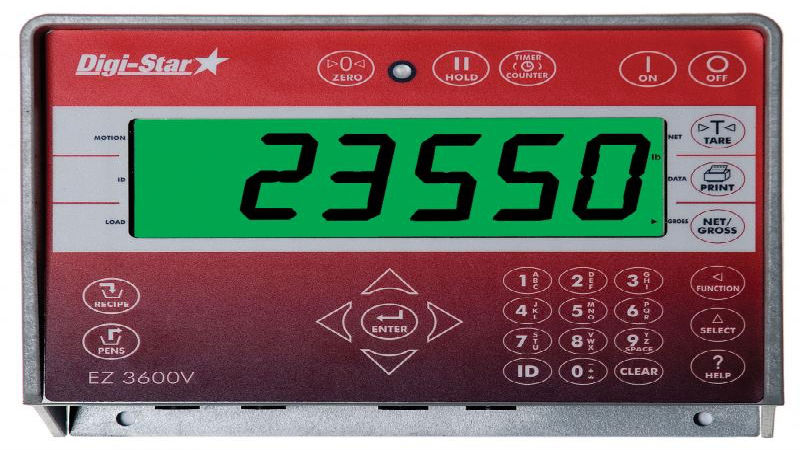Farm managers have become aware over recent years that economic management underlies their ability to maintain a profitable agricultural business. Farm managers look to gather data that will help them to better understand what is happening in the business, and what costs are being incurred when compared to income generation. They will then look to analyze that data so that they can make increasingly informed decisions about how to make the farm more profitable.
Managing a Farm Using Real Financial and Operational Data
In order to better manage their farms so that they can meet financial obligations, and generate a living for the owners, farm managers seek out tools that will allow them to manage resources. One of the ways they can do this is by acquiring and implementing weighing infrastructure such as the avery weigh-tronix. This system allows for the accurate and consistent weighing of a range of agricultural assets, including product and feed mixers, grain and feed carts, livestock scales to monitor the weight gain of a large herd of livestock, and bins that are used to house and store feed for livestock.
Getting Detailed Data at the Touch of a Button
If you are a farm manager, by using a system such as the Avery Weigh-Tronix, you will be able to access a range of data with very little effort. In fact, you don’t even need to have a high level of technical literacy for the system to weave its magic. By using the pre-set operations you will be able to:
- Undertake the weighing of various farming assets, and either send that data so that the information is fed into other systems that manage business, or send to print
- Tab between various data sets to allow you to look more closely at gross or net weight measurements
- Access a feature that allows you to filter out motion that is often experienced when weighing livestock and which can make the weighing process unreliable if you do not compensate for that motion
- Use methods for classifying or categorizing assets that are being measured and accounted for, including feed types (including different combination used for feed recipes), seed types, and groups of different livestock
Invest Your Time Where It Matters
As a farm manager, you will want to have ready access to data that will allow you to analyze what is happening now, compared to what has occurred during previous periods. Ensuring that you can do this from an informed position is vital. To support this process, having software tools that make data collection and retention easy will ensure that you can spend less time working in the business when you should be working on the business.

